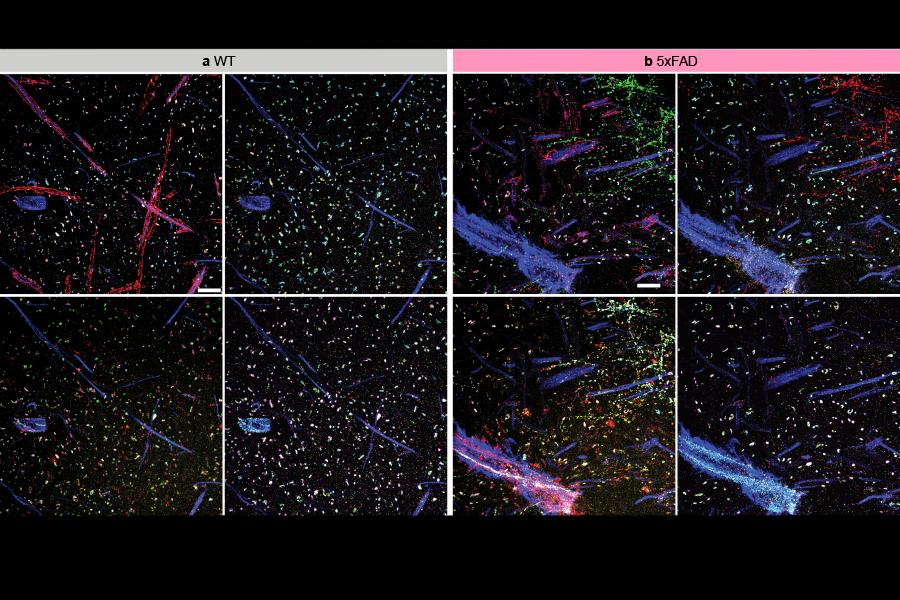Engineering the Brain
Ed Boyden develops advanced technologies for analyzing, engineering, and simulating brain circuits to reveal and repair the fundamental mechanisms behind complex brain processes.
Boyden may be best known for pioneering optogenetics, a powerful method that enables scientists to control neurons using light. He also led the team that created expansion microscopy, which expands nanoscale features in a cell to make them visible using conventional microscopes. In addition, his lab develops methods so that many signals can be imaged in living cells at the same time. He continues to invent new tools, and works to systematically integrate these tools to enable biologically accurate computer simulations of the brain.






